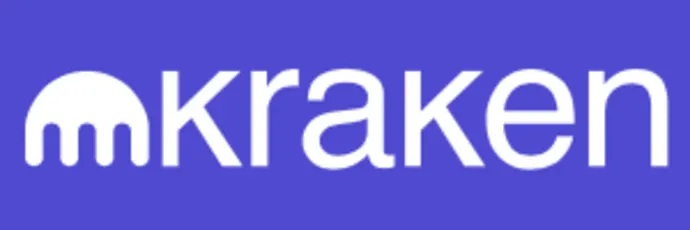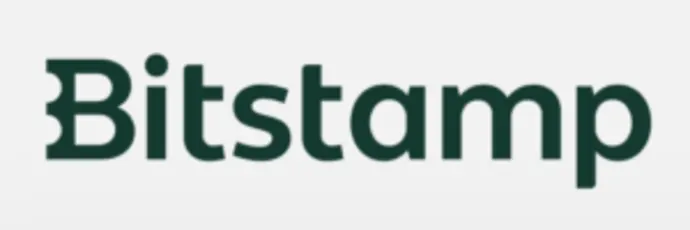In the realm of blockchain technology, tokenization is a transformative force, revolutionizing the exchange of both information and value.
Tokenization serves as the cornerstone of the blockchain ecosystem, enabling the seamless transfer, storage, and verification of assets and information. Whether it’s security tokens, utility tokens, or cryptocurrencies, these digital representations hold immense implications across various sectors, enhancing liquidity, efficiency, and transparency.
Here’s what you need to know about this groundbreaking concept:
Understanding Tokenization
At its core, tokenization involves converting tangible or intangible assets into digital tokens usable within blockchain applications. These assets can range from physical commodities like gold to abstract concepts such as voting rights. Tokenization broadens the potential applications of digital tokens across various industries, unlocking new possibilities for efficiency and security.
Categories of Tokens
Within the blockchain ecosystem, tokens come in several forms, including security tokens, utility tokens, and cryptocurrencies. Security tokens represent ownership rights or investments, while utility tokens grant access to specific products or services. Cryptocurrencies, on the other hand, serve as digital currencies for transactions within the blockchain network.
Benefits of Tokenization
Crypto tokens offer numerous advantages, including enhanced liquidity, faster and cheaper transactions, and improved transparency and provability. By digitizing assets, tokenization facilitates broader market access, reduces transaction costs, and provides a verifiable transaction history, bolstering confidence and security.
Diverse Token Types
Tokens can be categorized based on their function and characteristics. Security tokens represent ownership or investment, while tokenized securities serve as digital substitutes for traditional securities. Utility tokens grant access to services, and currency tokens are designed for trading and spending. Additionally, tokens can be fungible or non-fungible, each serving distinct purposes within the blockchain ecosystem.
Challenges and Regulatory Considerations
Despite its potential, tokenization faces regulatory hurdles and challenges. Governments worldwide are grappling with how to regulate crypto tokens effectively, balancing innovation with compliance. Ensuring security tokens remain tethered to their underlying assets and addressing concerns of decentralization and third-party involvement are key considerations for regulators and blockchain projects alike.
The Future of Tokenization
Tokenization is poised to reshape how we interact with assets, democratizing access while enhancing transparency and security. As awareness and acceptance of blockchain technology grow, the global adoption of crypto tokens holds immense potential. However, achieving widespread adoption will require a coordinated effort to navigate regulatory landscapes and address emerging challenges.
In essence, tokenization in blockchain represents a paradigm shift in asset management and value exchange, heralding a future where digital tokens play a central role in our economic and social interactions.
In the evolving landscape of blockchain technology, tokenization emerges as a pivotal force, reshaping how we transact and interact with value and information. This article delves into the multifaceted realm of tokenization, exploring its significance, mechanics, benefits, and challenges within the blockchain ecosystem.
 Start Trading
Start Trading Start Trading
Start Trading Start Trading
Start Trading Start Trading
Start Trading Start Trading
Start Trading Start Trading
Start Trading Start Trading
Start Trading Start Trading
Start Trading

Comments (0)
Loading...